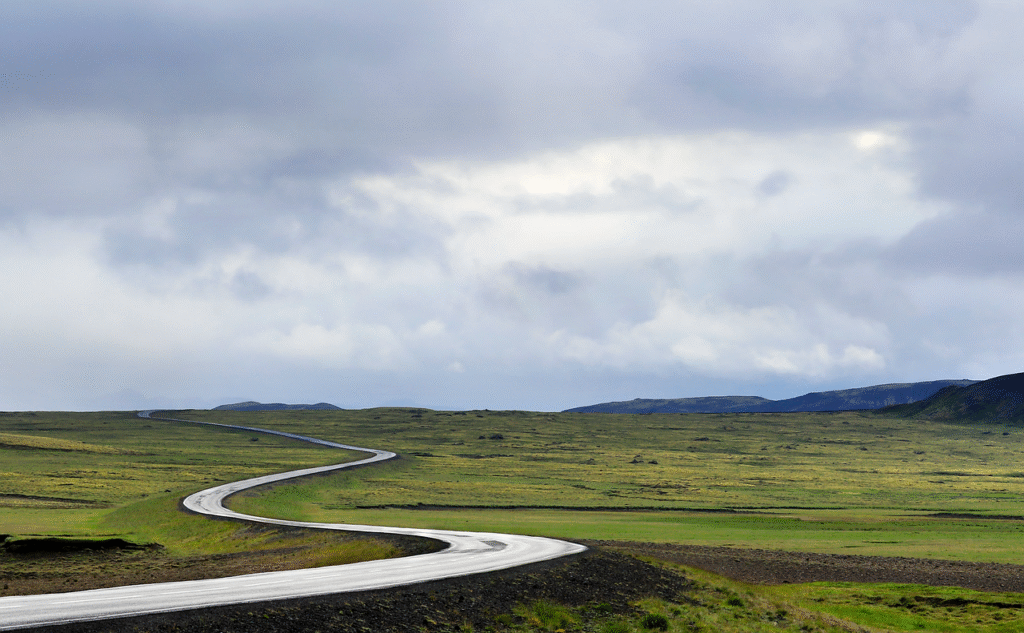We’ve learned to measure our worth through productivity.
We celebrate exhaustion as proof of dedication, wear stress like a medal, and call it ambition.
But the truth is, burnout is not a sign of strength — it’s the body’s quiet rebellion.
Rest is not indulgence. It’s survival.

The culture of exhaustion
Somewhere along the way, “being busy” became a form of validation.
We fill our calendars, multitask, and chase deadlines because stillness feels dangerous — as if slowing down means we’re falling behind.
But what we call productivity often masks disconnection: from our bodies, our needs, and the natural rhythm of life.
True wellness starts when we stop equating our value with output.
When you rest, you’re not being lazy; you’re giving your nervous system permission to recover.
The body always keeps the score
Burnout isn’t just mental. It’s physiological.
When stress hormones stay elevated too long, the body begins to protest — insomnia, fatigue, digestive issues, emotional numbness. You can’t heal what you refuse to feel.
Rest is the body’s language for safety.
It’s when repair happens, hormones balance, creativity returns.
Yet most of us only rest when we collapse — instead of weaving pauses into our daily rhythm.

Redefining rest as responsibility
You don’t need a retreat to rest — but you need permission.
Try approaching rest as a skill to relearn, not a reward to earn.
Start with micro-pauses:
- One mindful breath before every reply.
- A short walk between tasks.
- A weekend without screens.
Rest is not separate from success; it’s what makes sustainable success possible.
The quiet revolution
Choosing rest in a culture that glorifies exhaustion is an act of quiet rebellion.
It’s saying: I choose presence over pressure, quality over quantity, being over doing.
When you rest, you don’t fall behind — you return to alignment.
And from that place, everything you create carries more clarity, depth, and grace.
